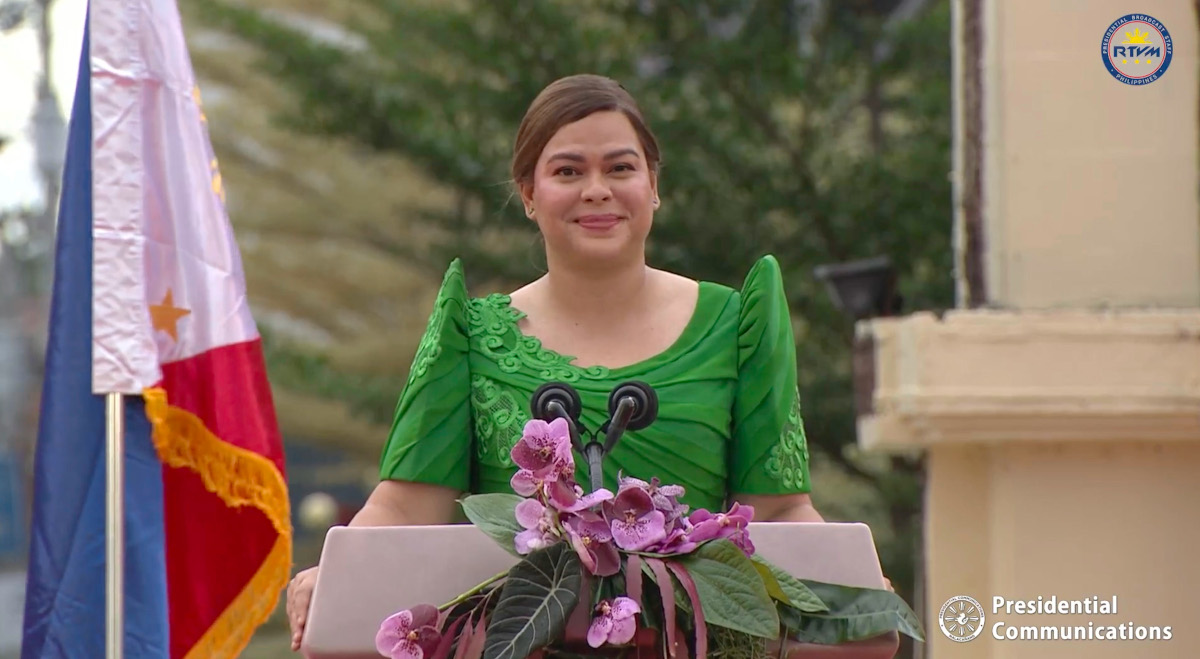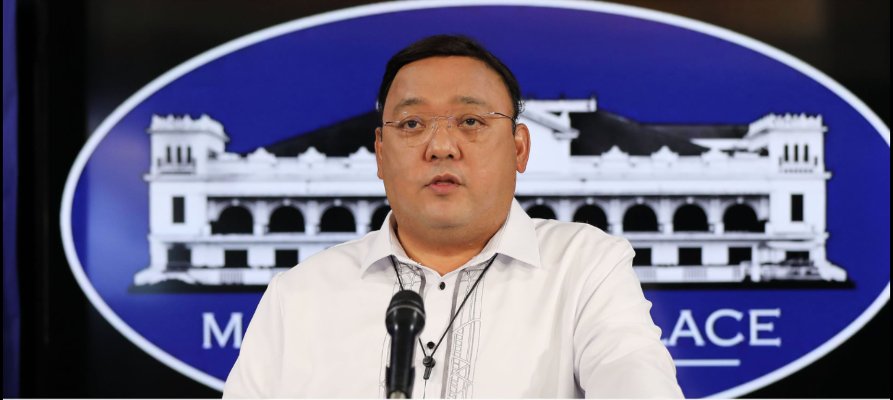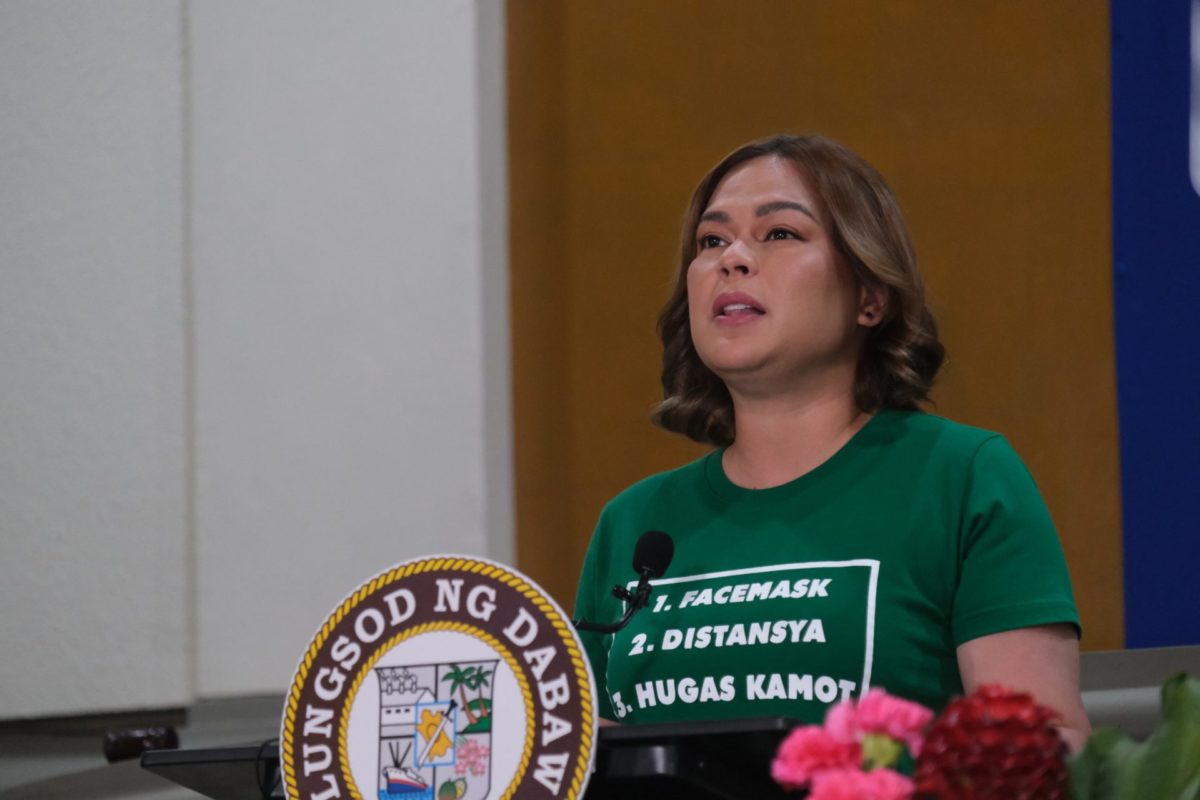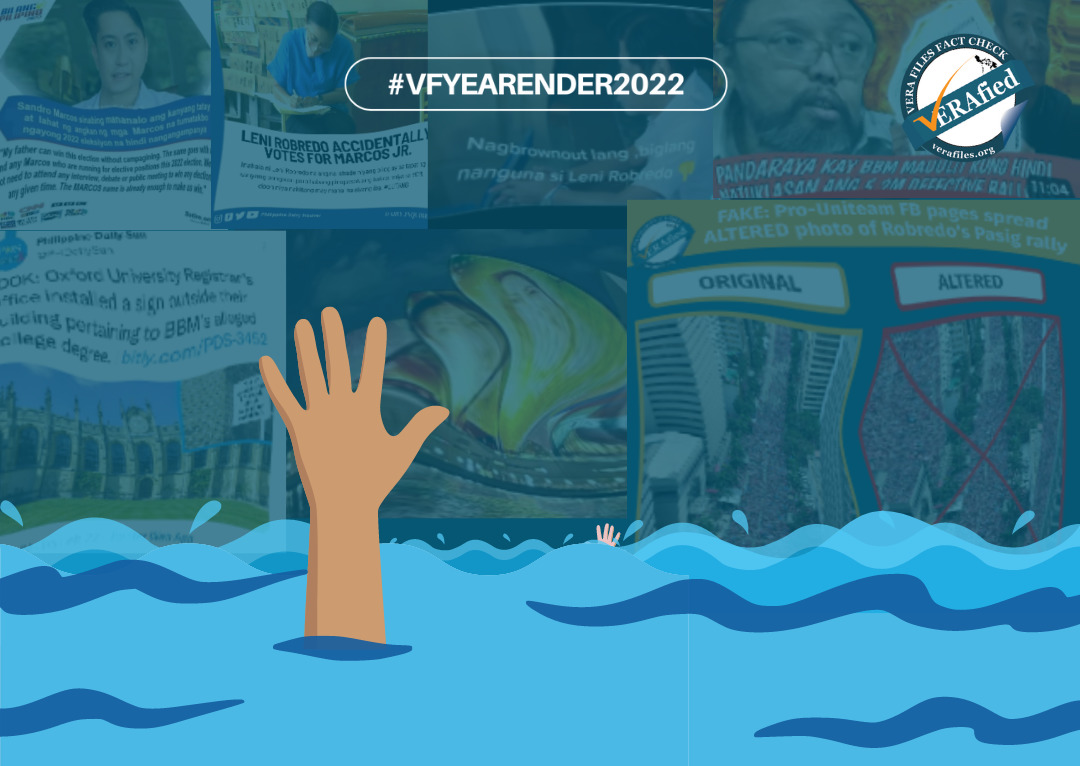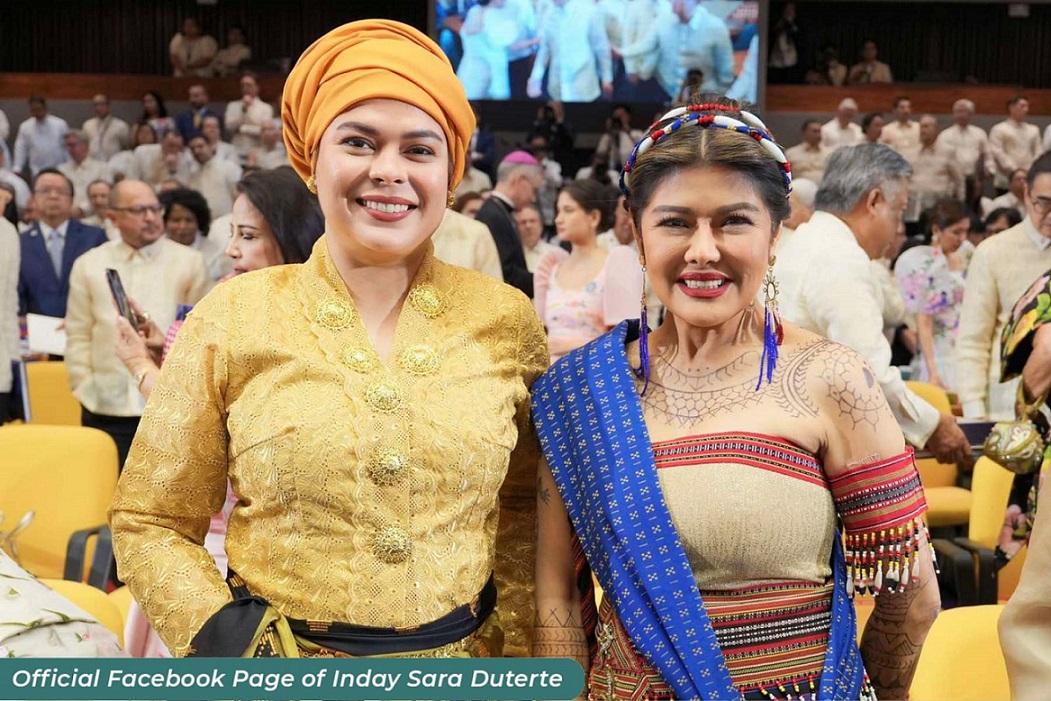On the eve of her ceremonial oath-taking as the country’s 15th vice president, outgoing Davao City Mayor Sara Duterte-Carpio said the “singular legacy” she wants to leave behind after six years is a permanent residence for future vice presidents.
Given the government’s outstanding debt of P13 trillion, will it qualify for necessary spending, considering that the coronavirus disease 2019 (COVID-19) and its effects still put a strain on the annual budget?
I am not saying that the Office of the Vice President (OVP) does not deserve to have a permanent location. The Quezon City Reception House in New Manila used by outgoing Vice President Leni Robredo is a borrowed space from the Quezon City government. Finding an office location was a concern for the previous vice presidents as well.
Jejomar Binay occupied the Coconut Palace in the Cultural Center complex in Pasay City while the others used the Philippine International Convention Center and the Philippine National Bank building, also in Pasay. Salvador Laurel held office at the old Congress building, which has been designated as the permanent home of the National Museum.
But the government is supposed to be on tight spending. Constructing a permanent home for the OVP may not be prudent at this time, and even in the next six years when payments for the P13-trillion debt will compete with spending for basic services and infrastructure support for economic recovery. How will the “permanent residence” of the OVP be financed?
Besides, Duterte-Carpio recognized that the main mandate of the vice president, as provided under the Constitution, is to be “president-in-waiting, except when he/she is assigned a Cabinet position.”
President-elect Ferdinand “Bongbong” Marcos Jr. has designated Duterte-Carpio as education secretary. And she said she would spend time “mostly with the Department of Education (DepEd),” which has its offices at the old University of Life complex in Pasig City. In that case, would she still need a bigger space for the OVP?
Well, she did say that it will “hopefully benefit future vice presidents.”
But she also said: “We are looking at other areas where we can hold all the personnel of the Office of the Vice President including the organic personnel under the office.”
Because she told reporters about it during a chance interview in Davao City on Saturday, she may not have had time to discuss her plans in full. She probably has more things in mind for the OVP which will require bigger space.
She said she’s also setting up six satellite offices. “We will start with six and see how it goes because we understand there will be birthing pains,” she said. Is it in preparation for higher office in 2028? There’s an old saying that a politician starts preparing for another election the day after he wins one.
“This will be the first time that it will be done. There is no template, and they are excited,” Duterte-Carpio said.
In earlier interviews, Duterte-Carpio said she will continue some of the programs of her father, outgoing President Rodrigo Duterte, particularly the multitrillion-peso Build, Build, Build infrastructure program and the war against illegal drugs.
She said she also plans to replicate on a national scale some of her programs in Davao City, where she is the outgoing mayor. These projects include efforts for peace building in communities, responsible parenthood, education and “Magnegosyo ‘Ta Day,” that provides small business loans for women who want to start their own business.
If she also pushes through her advocacy for shifting the system of government to federalism and succeeds in having it in place in six years, will there still be a vice president to elect in 2028 to occupy the permanent residence she’d leave behind?
Because Duterte-Carpio’s residence is in Davao City, she may be thinking of finding a place there for the OVP so that she would not have to shuttle between Davao City and Manila every so often. But then, DepEd is in Pasig City, and she has promised to spend more time there.
The plan needs to be carefully studied given the government’s tight fiscal situation.
The views in this column are those of the author and do not necessarily reflect the views of VERA Files.
This column also appeared in The Manila Times.
